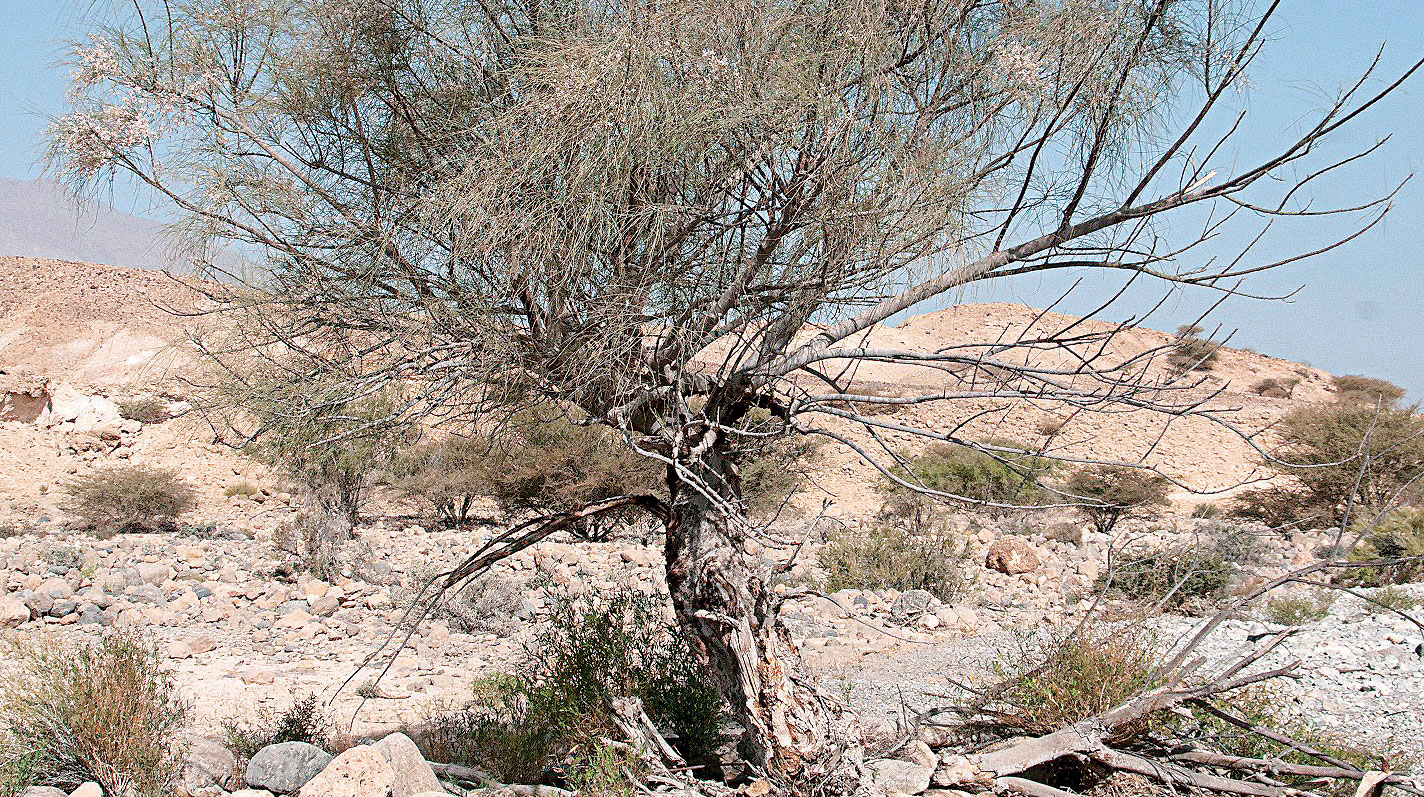


Al Shu’a trees are considered one of the perennial wild plants that grow in the wadis and the foothills of the mountains. They adorn the mountains and valleys of the Sultanate, especially in the northern governorate. They flower between March and April, especially in the dry season.
Al Shu’a tree has many benefits. Its flowers are aromatic and provide a nectar for honey bee flies. The remnants of the pods of its fruits are used as fodder for animal. The tree also provides shade in the desert and in the mountain heights, besides other benefits. Besides, Al Shu’a oil is used in the treatment of abdominal pain, nerve diseases, wounds and has other health benefits. The price of Al Shu’a oil has witnessed a significant increase due to the scarcity of fruits as a result of poor harvest.
Al Shu’a tree branches are used as fodder for camels that travel long distances to gain strength, and the juice of the leaves is used to fix broken clay pots and to cast fractures. This tree descends from ‘Moringa Peregrina’ family. One of the advantages of this tree is that it is drought-resistant and can withstand the harsh weather. Therefore, locals prefer this trees, which do not require much water. “Instead of planting trees imported from outside the Sultanate, we suggest planting this local tree because of its many benefits and its suitability to various climatic changes’’, one local told Observer.
YAHYA ALSALMANI
Oman Observer is now on the WhatsApp channel. Click here



